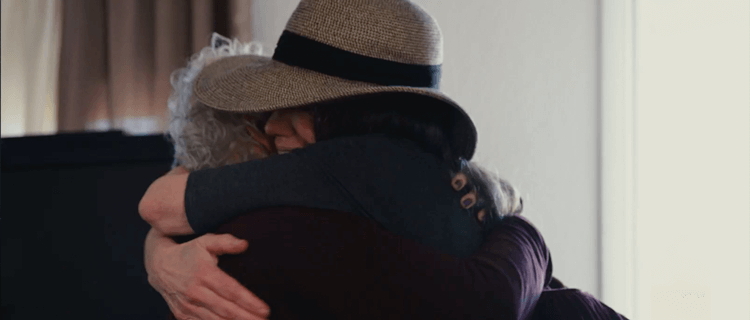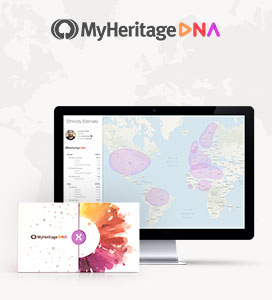Paternity Test and Family Search for Adoptees

I’m adopted, can DNA testing really help?
Yes it can! Personal genetic testing gives you the best chance to find relevant information about your family. Autosomal DNA tests also include a breakdown of your ethnic ancestry, which can be fascinating.
Many adoptees have successfully identified their birth parents through genetic testing and other available resources. However, genetic testing can also be helpful for genealogical questions. Many have successfully used Y-DNA in conjunction with atDNA and historical records to identify fathers of illegitimate ancestors. Others have used atDNA to overcome recent genealogical brick walls. Still others have used mtDNA to support descent from common maternal ancestors or to confirm or refute family legends regarding African or Native American ancestry.
Many adoptees have successfully identified their birth parents through genetic testing and other available resources. However, genetic testing can also be helpful for genealogical questions. Many have successfully used Y-DNA in conjunction with atDNA and historical records to identify fathers of illegitimate ancestors. Others have used atDNA to overcome recent genealogical brick walls. Still others have used mtDNA to support descent from common maternal ancestors or to confirm or refute family legends regarding African or Native American ancestry.
Seven tips for adoptees looking to start DNA testing
- Don’t delay! As genetic testing databases grow, more adoptees are getting a direct match with a parent, sibling, aunt, uncle or close cousin, allowing them to complete their search with little additional effort. Most adoptees will uncover some distant cousins of varying degrees. Working your way from their ancestors to recent relatives will require additional time and effort.
- Get yourself into multiple autosomal DNA databases. This will give you greater chances at high ranking results. Each service may identify people with whom you share a common ancestor somewhere in your family trees. While your family tree may still be blank, many of your genetic matches will be amature genealogists with extensive family trees.
- If you are male, take a Y-DNA test. Only men have a Y chromosome, which they get from their biological father who got it from his father and so on. Surnames typically pass down this same paternal line. So a man’s closest or most frequent matches on a Y-DNA test may share the same last name as his biological father.
- Skip Mitochondrial DNA testing. Everyone has mitochondrial DNA (mtDNA). Only women pass on mtDNA, so the test only traces your direct maternal line. Unfortunately, most of your mtDNA matches reflect common ancestors from hundreds of years ago. With female surnames changing every generation, this test is rarely helpful for adoptees.
- Know that geography can impact results. Choose a company with a global database and a diverse family tree collection, such as MyHeritage. Those born outside the US or those with a recent immigrant background from Asia, Africa, and Eastern Europe, have a better chance of matches with MyHeritage DNA.
- Educate yourself and get help online. Start reading up on DNA testing for adoptees and join DNA discussion groups on Facebook and other forums. Advice from others can really help with your own personal research.
- Use the right tests to confirm relationships. Once you find someone from your birth family, there is often a need to confirm the relationship. Some autosomal DNA tests are powerful enough to confirm several close relationships between two people, such as parent-child, full siblings, half siblings, aunt/uncle with nephew/niece, grandparent-grandchild, first cousins and usually second cousins.
Personal genetic DNA testing has revolutionized the process for adoptees of finding biological family. It is simple and painless to take a personal MyHeritage DNA test. Just brush the inside of your cheek with a swab, and send your sample into the lab. Within 4-6 weeks, your results will be available online at MyHeritage.

